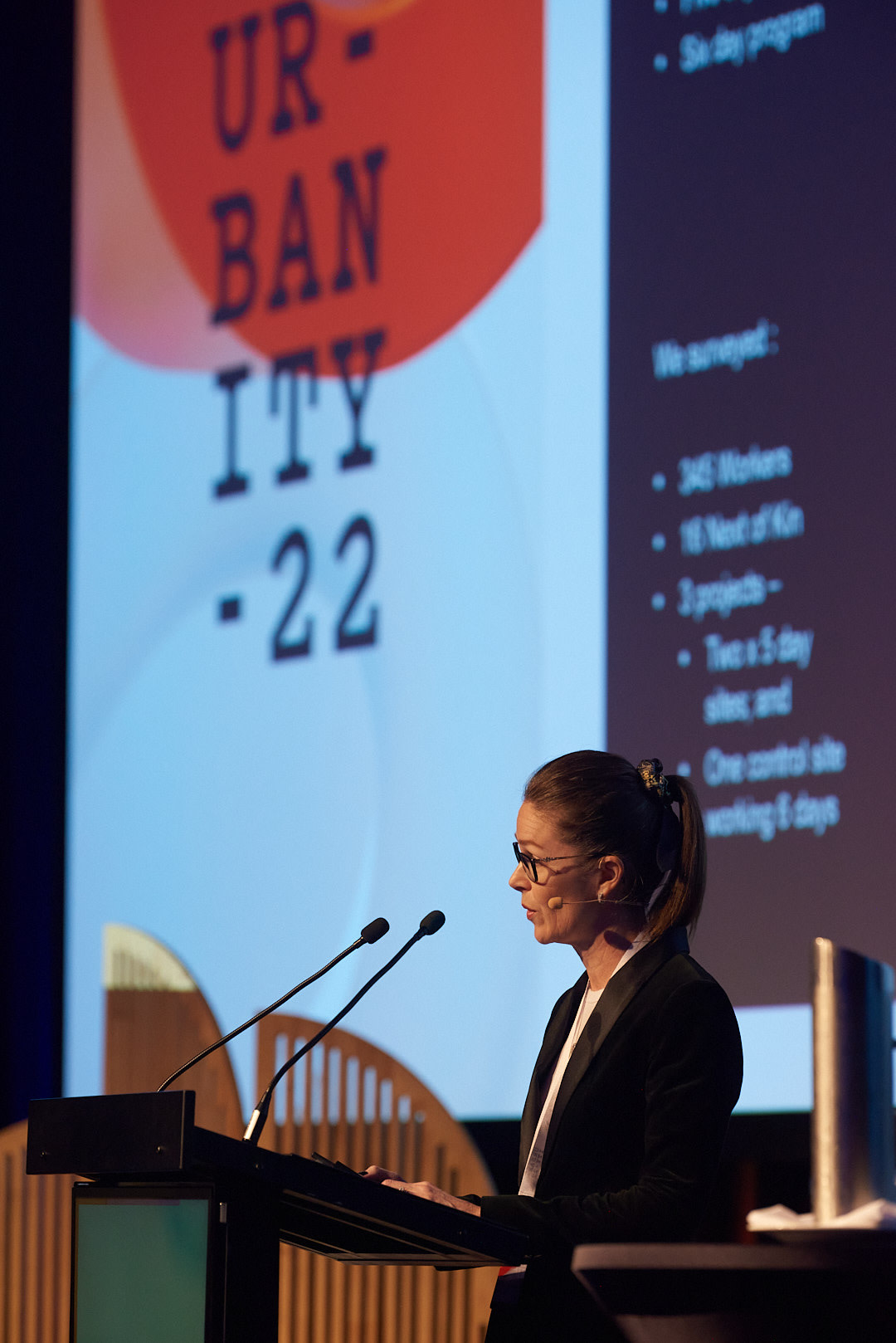Resources
Newsletter
Stay up to date and with the latest news, projects, deals and features.
Subscribe
The construction industry remains a powerhouse of the nation’s economy as the third largest employer with a workforce of more than 1.15 million people. However, despite its importance to the national economy, construction sector conditions are not kind to workers.
Over the course of the pandemic, construction workers were considered “essential” and were called to onsite work in spite of uncertainty and rising Covid-19 cases.
As a hangover from the pandemic-induced boom in building—off the back of low interest rates, the HomeBuilder scheme and rising dwelling prices—the construction workforce now finds itself under heightened pressure to deliver projects despite delays and shortages in accessing materials, and fewer people to deliver on the huge demand.
Workplace conditions in the construction sector have traditionally involved long work hours, often six and in some cases seven-days a week at higher pay rates.
However, the ripple effect from reduced time away from site has established that conditions in the sector are linked to high stress, burnout and deteriorating mental health—which can contribute to substance abuse and relationship breakdowns with loved ones.
A report last year found work-related fatalities, injuries and illnesses in 2018 cost $6.1 billion, the productivity cost of employees consistently working overtime was $710 million, mental ill-health cost $640 million and the estimated costs of construction worker suicides were $530 million.
According to research by advocacy group Mates in Construction, an Australian construction worker is six times more likely to die from suicide than a workplace accident while a young construction worker is 2.5 times more likely to die from suicide than any other young worker in any other industry.
Each year, almost 200 construction workers die from suicide.
Speaking at Urbanity 2022 on the Gold Coast, Roberts Co chief executive Alison Mirams told attendees that intensive research had found a positive link between the five-day work week and improvements in workers’ wellbeing.
She said Saturdays were largely used to catch up on things not done during the week and could be done away with through more efficient planning and scheduling.
“There were a couple of things we really wanted to tackle … we are in an industry that has very long hours, very high divorce rate and a very high suicide rate,” Mirams said.
“We’ve found that workers have reported an increase in job satisfaction working five-day work weeks with real improvements in work-life-balance, work hours and job security.”

Roberts Co trialled the new work pattern on Sydney’s $340-million, 44,000sq m Concord Hospital redevelopment project under the program its dubbed Project 5.
By excluding Saturdays and paying overtime rates for additional weekday hours, workers were able to earn the same pay as working for six days.
Workers reported improvement in work-life balance—50 per cent said they found a great difference to their work-life balance, more readily able to assist with childcare and household tasks, while 30 per cent said they saw some difference to their work-life balance.
Improved work-life balance gave workers more time to spend on rest, social activities, exercise and quality time with family and friends, which produced stronger relationships and improved worker wellbeing.
Additionally, the mental distress of workers and injury rates reduced over the course of construction.
The company has since won three other tenders with a five-day schedule—Liverpool Hospital’s early works program, operator Marriott’s Moxy hotel at Sydney Airport and a state high school build.
It is also making a further foray into the Victorian market with a contract for 700 build-to-rent apartments in Melbourne’s inner west.
Mirams hopes the pilot project can act as a wakeup call to the industry with more clients and builders potentially opting for a five-day week and other construction firms will follow suit and that in a few years it will be standard practice just like any other industry.
“I implore every person within the construction industry to seriously consider what you are doing to workers’ health and wellbeing and to their families when you are asking them to work six days a week,” she said.
“The suicide is just so far down the supply chain you don’t see it. So it’s about being brave enough to have these conversations.”